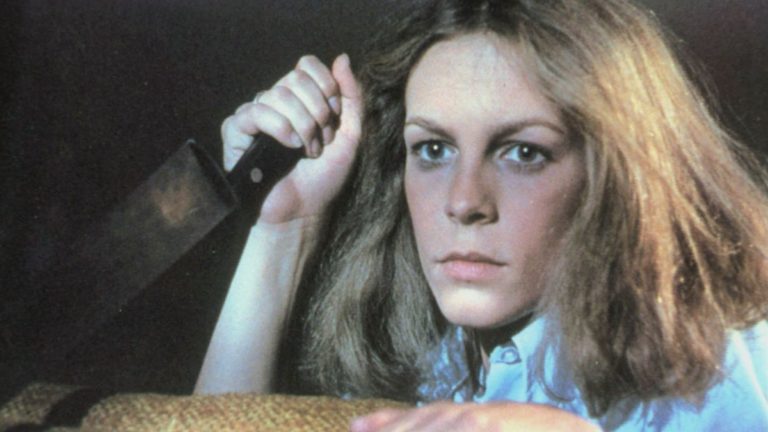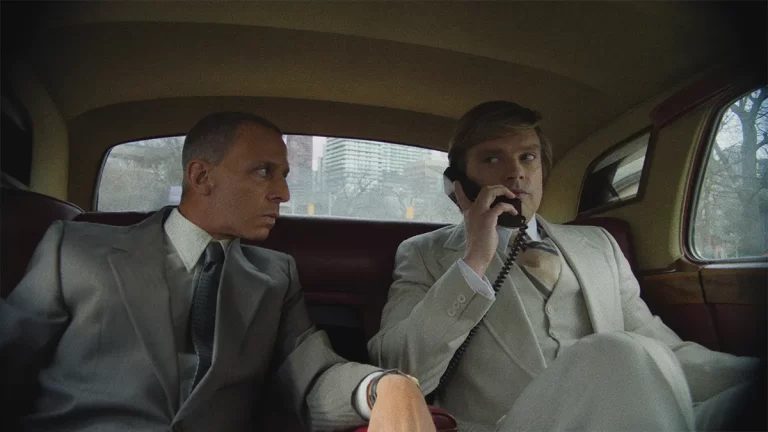Director: Quentin Dupieux
Writer: Quentin Dupieux
Stars: Léa Seydoux, Vincent Lindon, Louis Garrel
Synopsis: Florence wants to introduce David, the man she’s madly in love with, to her father. But David isn’t attracted to her and wants to throw her into the arms of his friend Willy. The characters meet in a restaurant in the middle of nowhere.
Quentin Dupieux is not a serious filmmaker. His films should not be taken seriously. They should instead be approached ironically, knowing that he doesn’t really want to say anything beyond flipping off the audience for wasting their precious time with him at every turn. Yet, many film critics unfamiliar with his work insist that there’s a deeper meaning behind his provocation or surface-level humor, partly explaining why The Second Act is one of his worst-reviewed movies. They think Dupieux is trying to say something about cinema’s (doomed) future in an era where streaming services (ergo, the Netflix logo appearing at the top of this) and artificial intelligence attempt to kill art as we know it.

But he doesn’t have anything to say, and he knows it. In fact, he has repeated on multiple occasions that his films “don’t have any messages except to relax you and make you feel good. It’s like a calming bath, with a little bit of acid in it, to distract you from this distressing world we live in.” Once you know this inextricable fact from Dupieux’s body of work, one begins to approach The Second Act as a meaningless distracting affair that will culminate in nothing and is designed to make the audience pissed off at the lengths Dupieux takes to upset people. It’s all paradoxical, and if you’re trying to extract some form of sense into this work, you’re not only missing the point entirely but going to have a terrible time with it. I saw many reviews where the throughline was, “He’s trying to say something but isn’t saying anything.” Exactly. He’s not saying anything. You’re just the butt of the joke!
But I can see why people may think Dupieux is saying something. In the first degree, the movie is absolutely designed to make you vehemently angry, with glib jokes that poke fun at everything and everyone, which include reactionary boomers who have a narrow-minded viewpoint of the world (in this case, homosexuality) and far-left activists who have to be careful in using the right words to not offend anyone. In fact, this is how the movie starts: with an almost unbroken 20-minute-long dolly shot of David (Louis Garrel) and Willy (Raphaël Quenard, always incredible with Dupieux) walking towards a café named The Second Act to meet Florence (Léa Seydoux) and her father, Guillaume (Vincent Lindon).
In this very long scene where the two walk (and walk ad infinitum, a classic joke from Dupieux), one is more attuned to the times, while the other isn’t afraid of making deeply transphobic remarks if Florence ends up being so. But he corrects himself once he realizes people are (literally and figuratively) watching by looking at us and apologizing. It’s probably the only time that Dupieux has ever apologized to us, and it immediately jolts our attention that he has broken (once again) the fourth wall. It seems he wants to ensure no one gets offended until we realize the two are shooting a film and playing fictitious characters.
Just like his last project, Daaaaaali!, was one long dream within a dream (within a dream within a dream), The Second Act is one massive metatextual film that’s never fully clear when it is the fake movie (apart from a Georges Delerue-esque score that punctuates moments of intense drama whenever the characters are in the fake movie’s diegesis), and when the movie on the making of the movie kicks into gear, only to reveal that it’s also part of the movie, and so on and so forth. He has no set rules in his movies, and one has to suspend their disbelief at every turn to know that he will break any convention he possibly can to make this experience feel somewhat discombobulating for the viewer.
But that’s part of the fun of watching a movie like this. You eventually surrender to its unconventional narrative trappings because each actor goes from one ironic undertone to another. The most impressive of the bunch is Lindon, who breaks the fake movie’s diegesis just as the plot is starting to be set in motion and prompts another 20-minute-long dolly walk, this time with Florence (we eventually see how Dupieux pulled both sequences off with a bravura final shot that should give Jean-Luc Godard’s voiceover opening credits of Le Mépris a run for its money). It’s there that most should realize this film isn’t going anywhere, but they eventually make their way to the café, where a nervous waiter, Stéphane (Manuel Guillot), can’t pour wine without violently shaking his hands. The movie is now in total shambles because he has to practice doing it right before they can shoot again, which culminates with Dupieux’s sickest punchline in years (that he eventually repeats at the end, further hammering home that his films always swerve around in circles with no exceptions).
Of course, Dupieux is an acquired taste. If you don’t vibe with any of his previous films, chances are The Second Act won’t do much for you. But the thrill of watching his movies is seeing respectable actors, such as Benoît Poelvoorde, Alain Chabat, Jean Dujardin, Adèle Exarchopoulos, Anaïs Demoustier, and Gilles Lellouche, among others, perform in ways you’ve never seen them on screen before. And it seems unreal that he would ever work with Léa Seydoux, Vincent Lindon, and Louis Garrel, three of France’s biggest stars, with legitimate global reach (Dujardin won an Oscar for The Artist but hasn’t a presence in other markets than France as strongly as Garrel and Seydoux).
That’s why it feels miraculous to see them in this movie and deliver some of the best work of their careers. Garrel, in particular, an actor who is usually restrained in his emotional composure and intonations (see, for example, Martin Bourboulon’s The Three Musketeers diptych), now goes all in on Dupieux’s proposition and delivers a farcical turn that’s both unflinchingly hilarious and deeply sincere. Lindon has already tapped deep into his vulnerabilities throughout his career, most recently in Julia Ducournau’s Titane. Now, he just wants to let loose (a little bit) and have fun. He’s in perfect synchronicity with Quenard’s always ironic tone, leading into some of the film’s funniest – and most surprising – laughs.
Of course, with any Dupieux film, the highs of its gonzo comedy can often be brought down by scenes that go on for far too long, which he tends to do, even if his movies have never exceeded 95 minutes. You could feel this exhaustion near its conclusion, which seems par for the course for such a cyclical movie. But he smartly understands that it’s getting a bit long, leading him to wrap the movie in an experimental fashion that boldly asks filmmakers to leap more primal techniques as cinema becomes more expensive and is now (as in the case of the fake movie Dupieux showcases) led by artificial intelligence. It’s the only image in The Second Act from which you can extract meaning because Dupieux urges all of us to think about how a human can move a camera so it can be employed to its fullest potential.
Artificial intelligence does not have the power to do what Dupieux does here, nor does it have the knowledge to create a human movie with characters steeped in reality and, above all else, emotion. The soul of The Second Act’s final shot is staggering. It’s an almost rallying cry against the trappings of A.I. that will never create something as meaningful as the mile-long track to pull off four impressive dollies that are always in different variations (medium shots, close-ups, extreme close-ups, long shots, you name it).
A.I. may take away many things in cinema and kill the artform in ways that the doomers might have predicted long ago, especially if studio executives put their anti-art plans in motion. However, it will never remove a human’s desire for creativity, especially if they have ideas they want to see realized on screen. Human beings have an innate desire to create to survive, whether in the arts or in life. Without human-born creativity, we’re as good as dead. As a result, the final shot of The Second Act is a potent reminder of this fact, and it’s up to us to resist this affront to imagination and emotion by supporting human-made creativity, such as, among others, the trolls of Quentin Dupieux.

Of course, this film isn’t much of a jab at the audience as Daaaaaali!, only because he eventually reveals a vulnerable side of himself and tells us that the thing he loves doing the most may not be worth it anymore if it goes in the direction it’s heading. Like the Titanic hitting an iceberg (an apt metaphor used countless times in this film), the movie industry is close to hitting it straight ahead and killing itself for the worse, potentially damaging in ways that should’ve never been teased in the first place (for example, the use of digital necromancy or generative A.I. used to create opening credits sequences).
It may not happen as quickly as some have stated, but it will occur if they do not reverse course now. As such, a change is in order, and Dupieux may be among the few filmmakers to instill it. Ironically, sure, but flipping off the audience in every movie could prove more effective than the audience thinks it is because they automatically attempt to reject it. However, by resisting, they, too, are conditioned to look away at robot-made garbage and call it out as the anti-art piece of hubris it is.
I was wrong when I initially said that you could not extract meaning from Quentin Dupieux’s films. I should have said most of his films because The Second Act’s final image represents, in a simple gesture, why human-made cinema is worth saving by people who care so deeply about an art form that’s sadly in shambles. By doing this, Dupieux instills a warning to everyone: never accept machine-driven work. Always support human-made art. One path will ensure the perennity of cinema, while the other will destroy it. Which one will you take?



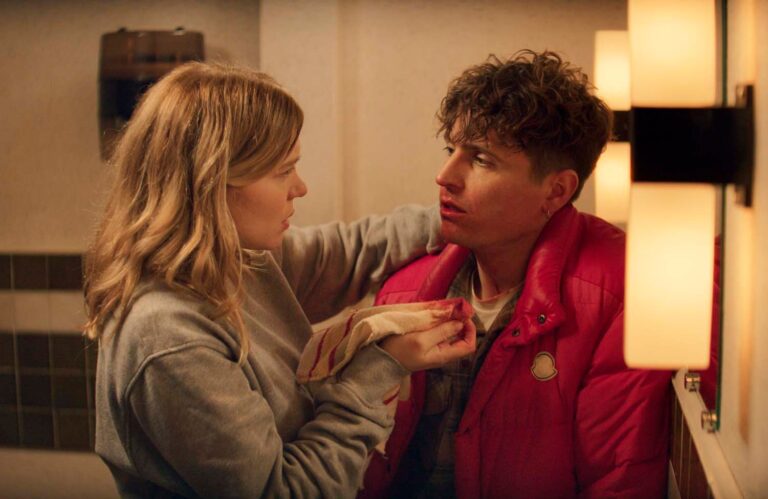
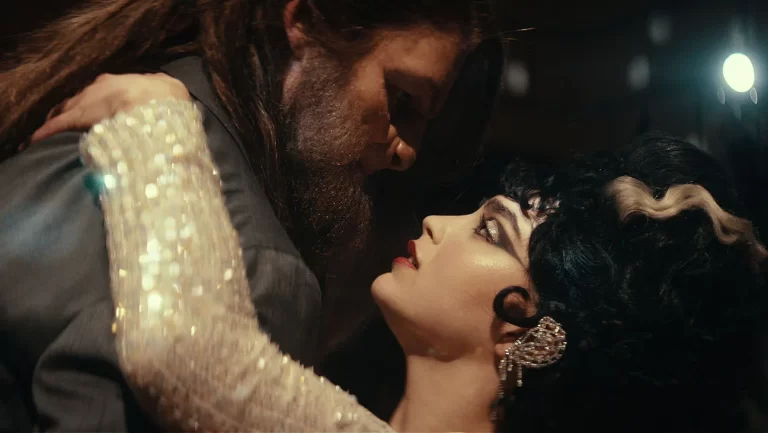





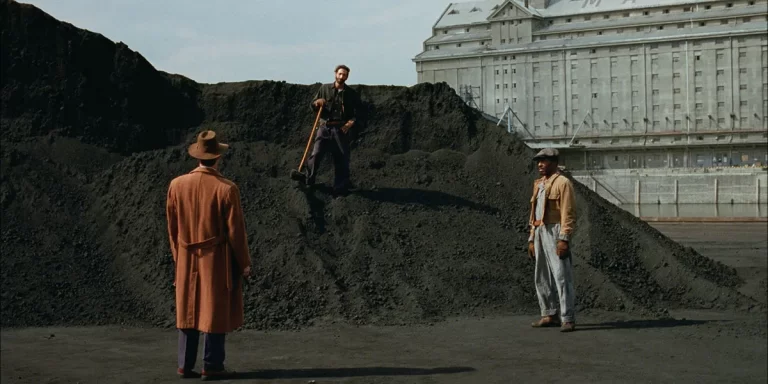
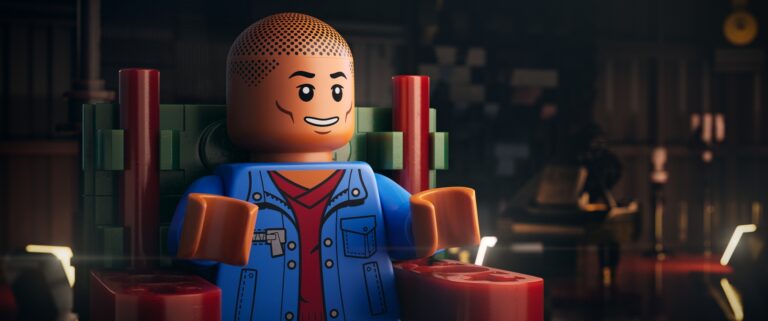
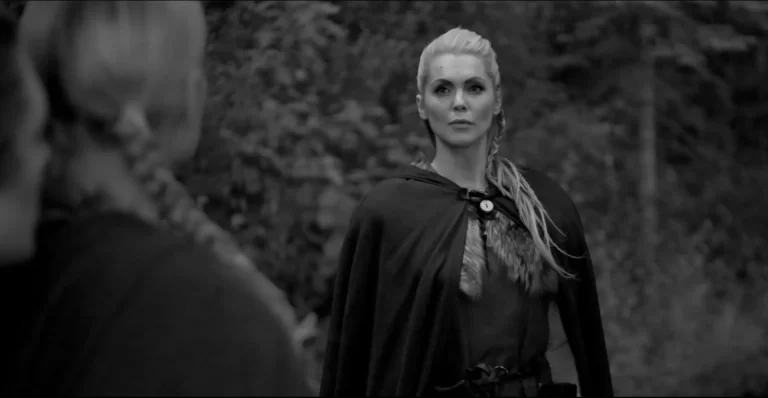


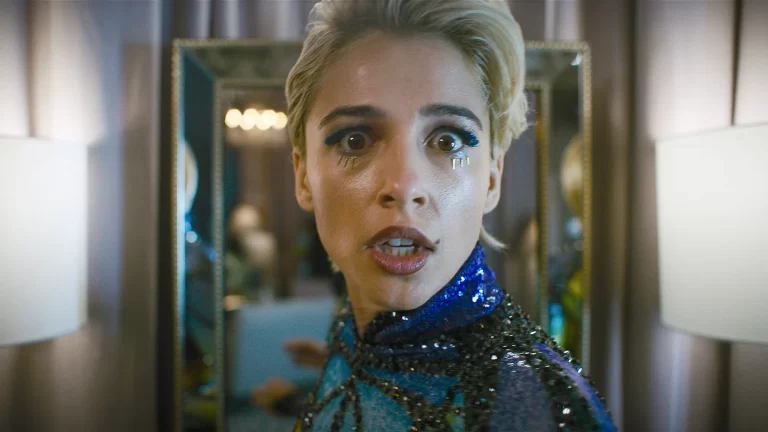
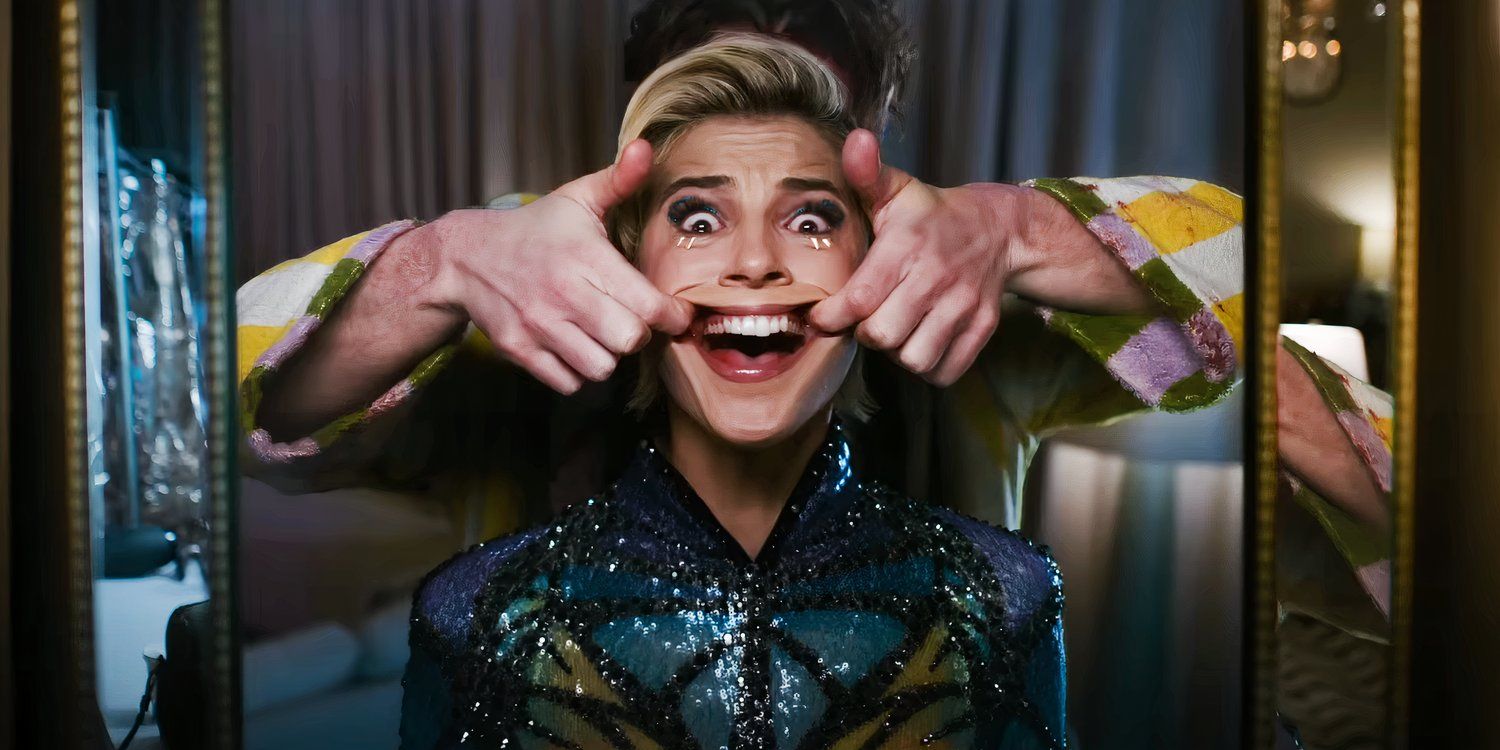

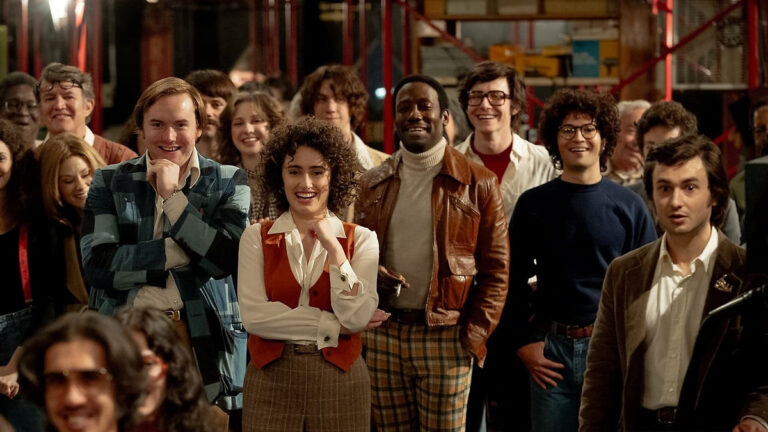
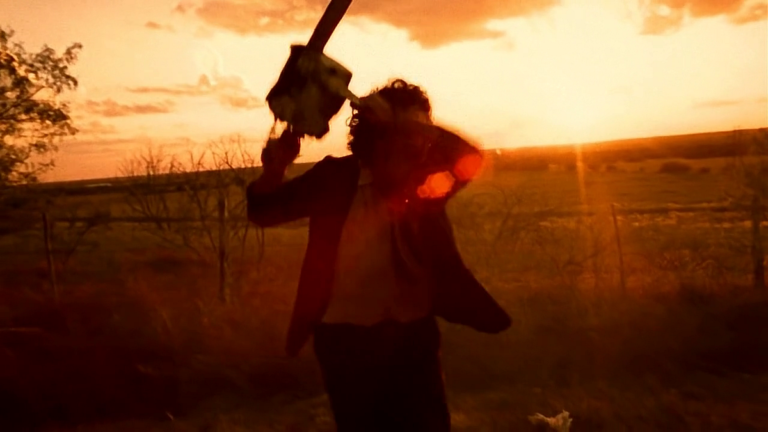
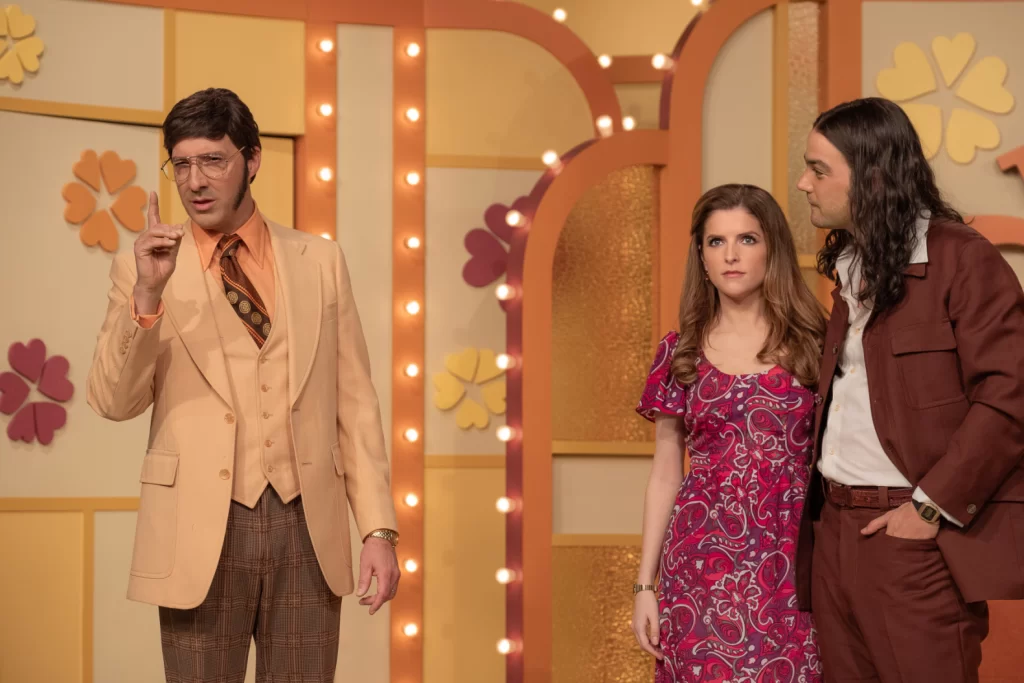
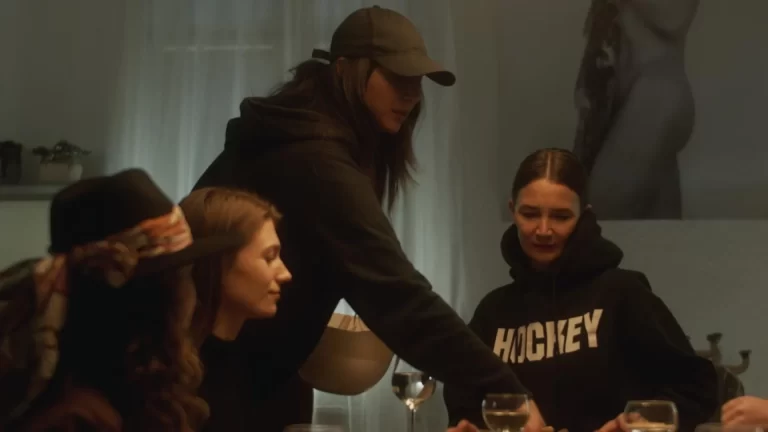
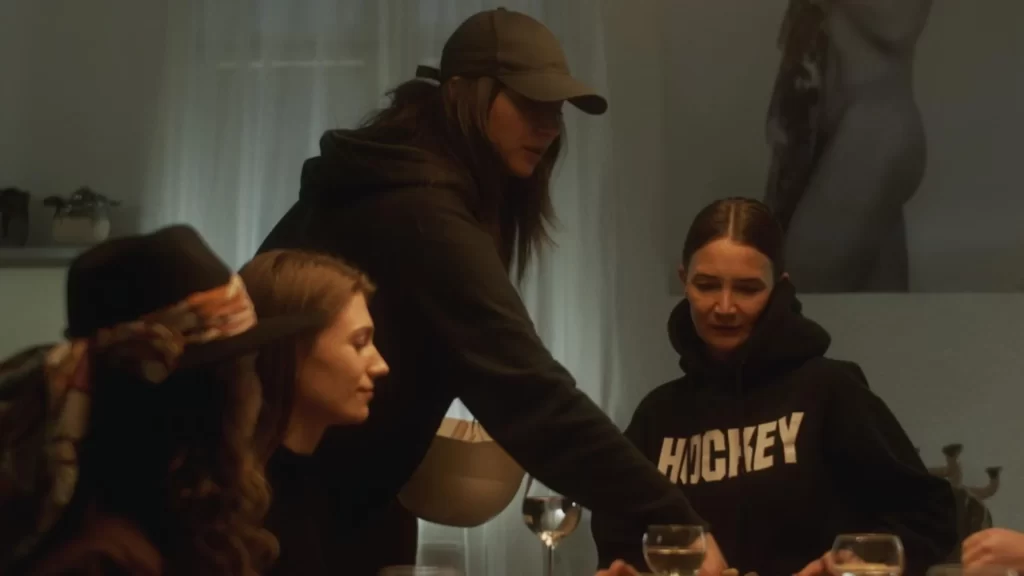
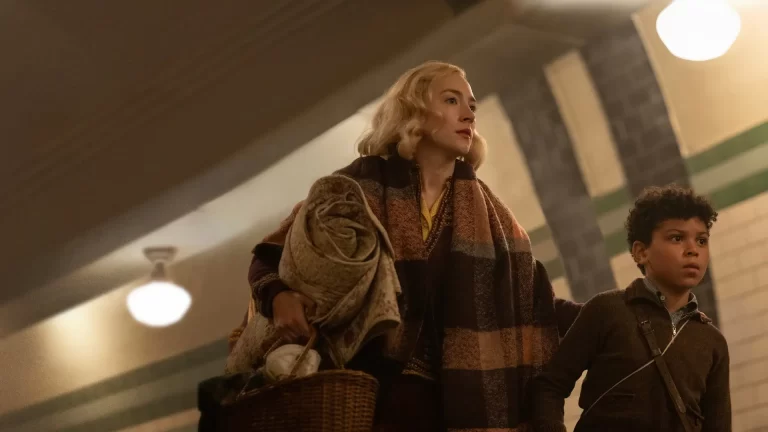


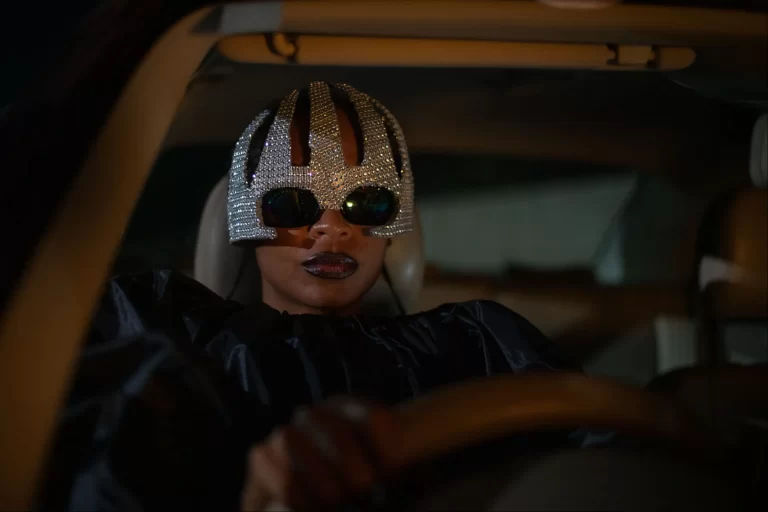





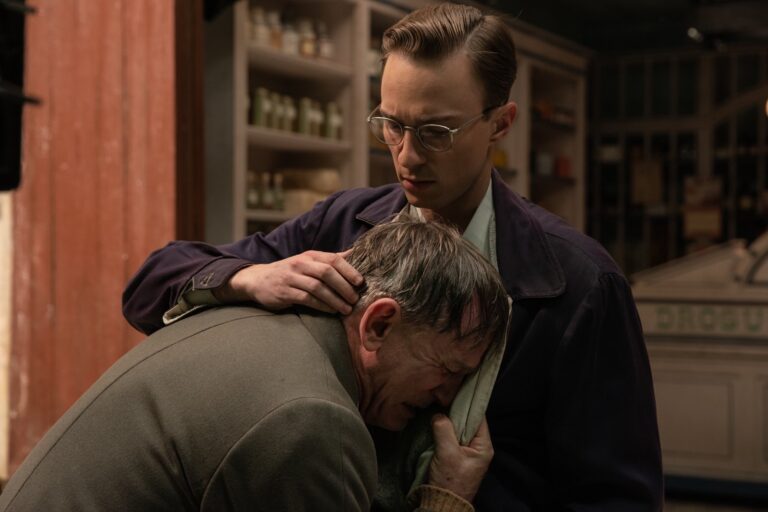



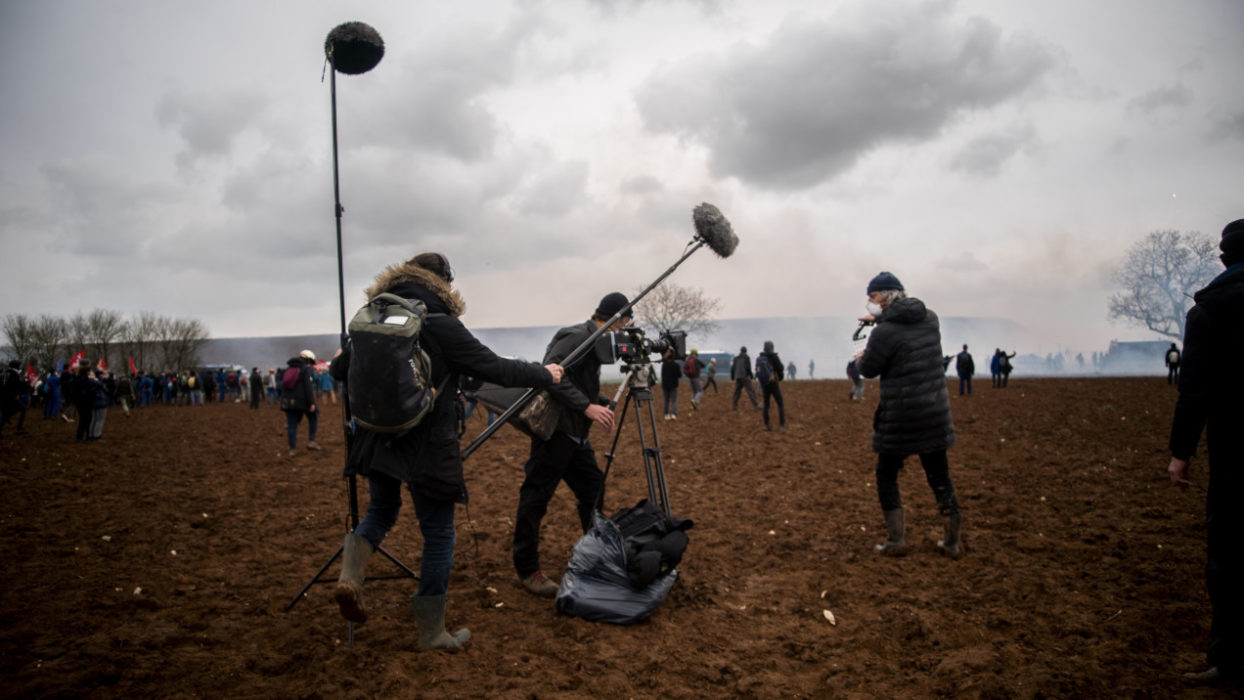



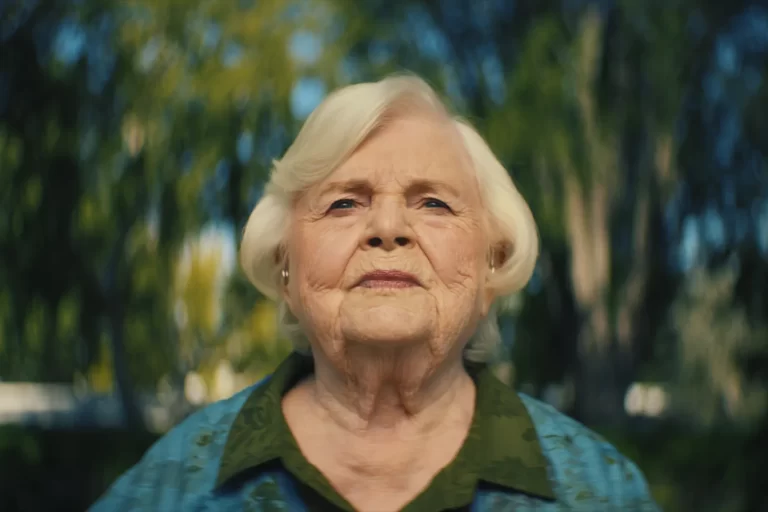
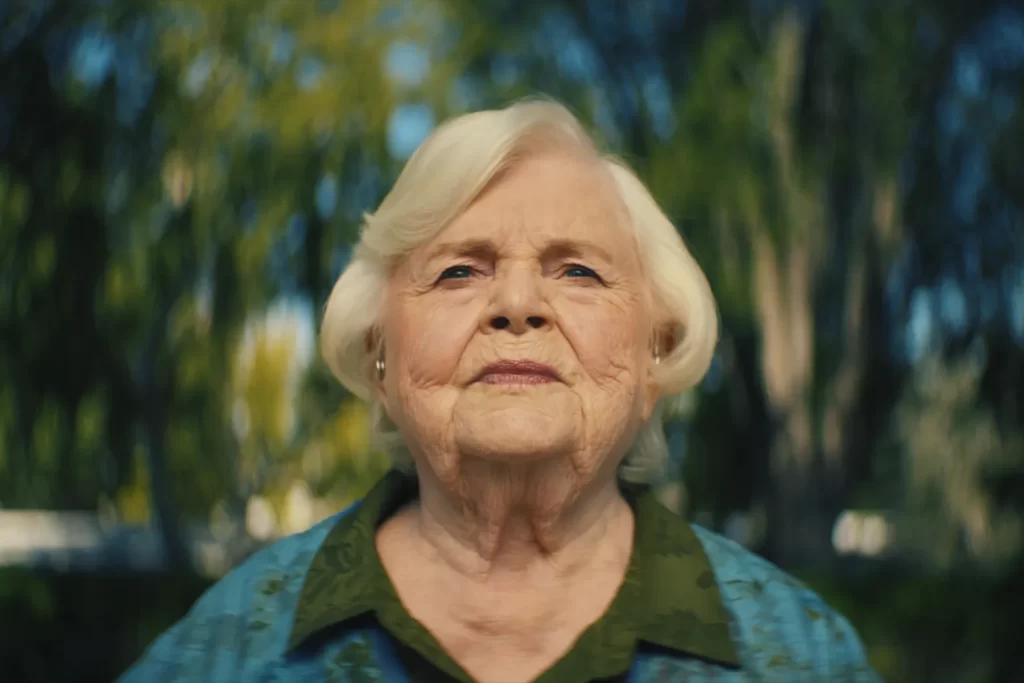
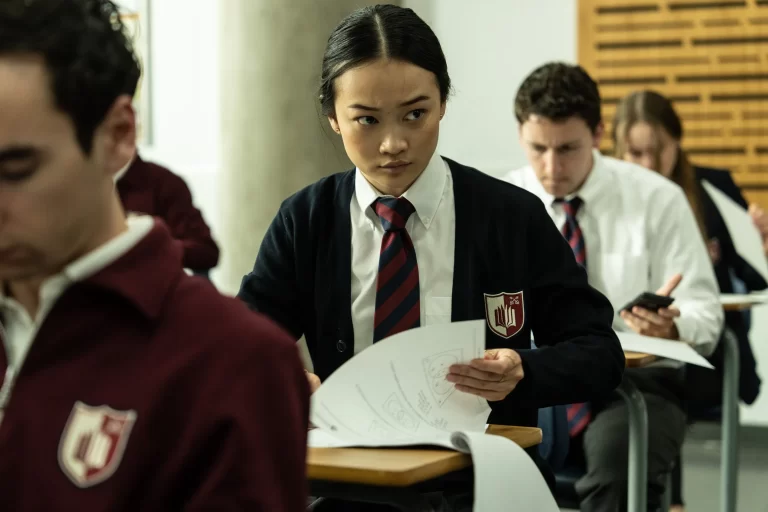
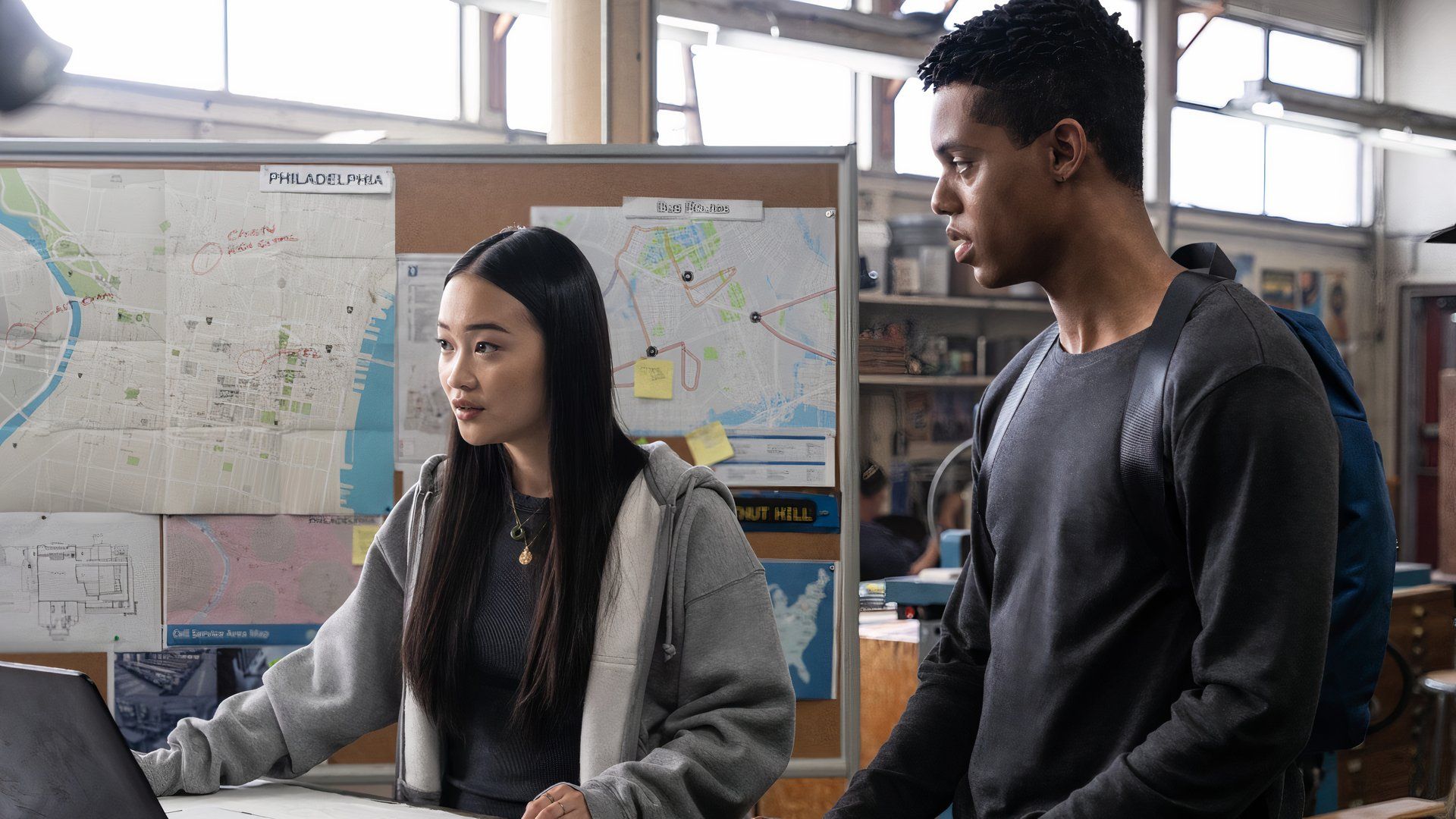
![Benedict Wong Is a Proud Papa in a Sneak Peek at 'Bad Genius' [Exclusive]](https://static1.colliderimages.com/wordpress/wp-content/uploads/2024/10/lousia-_140093700.jpg)
